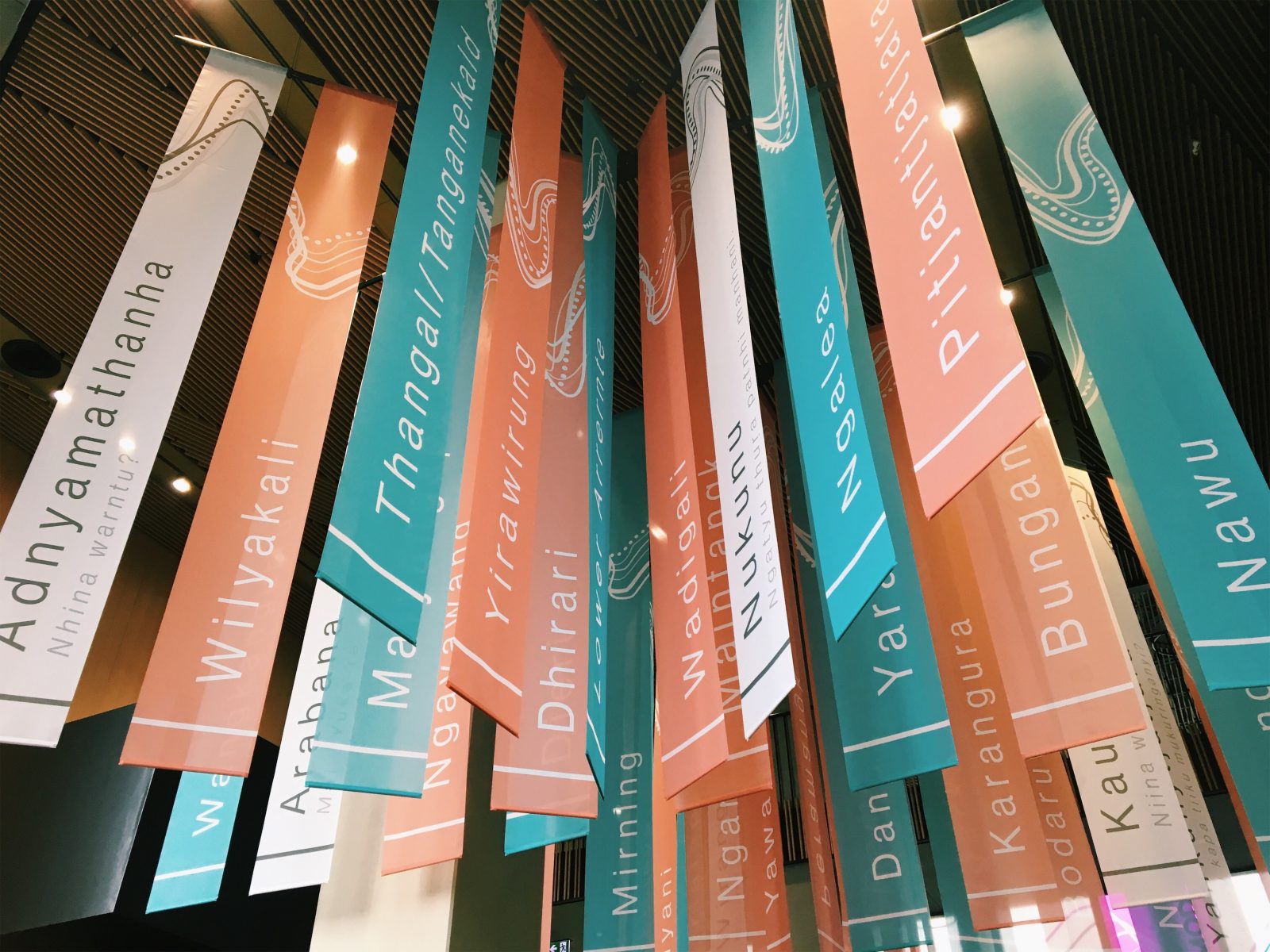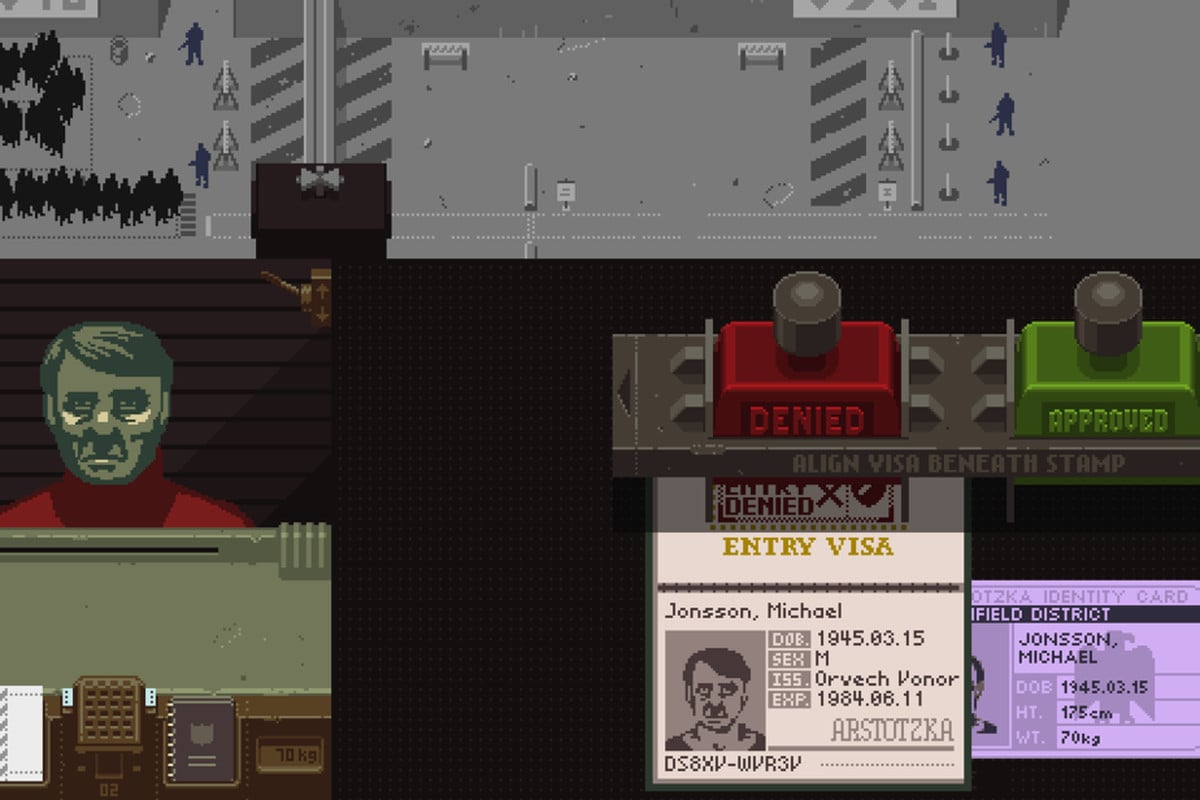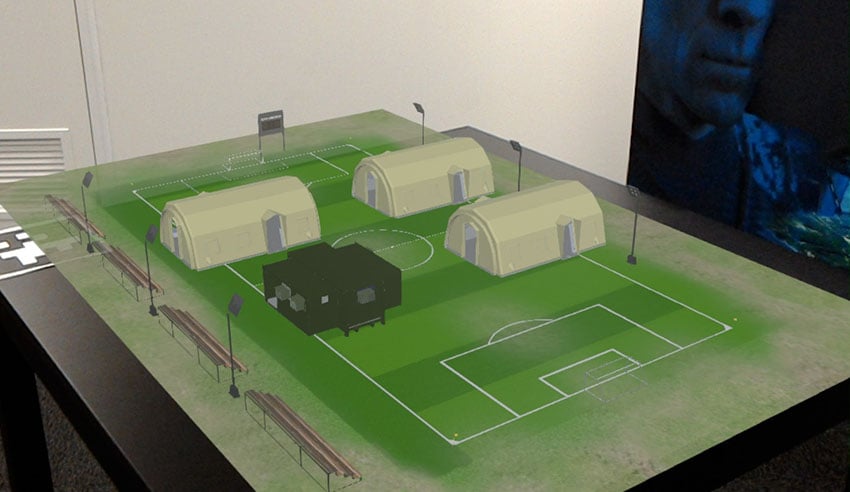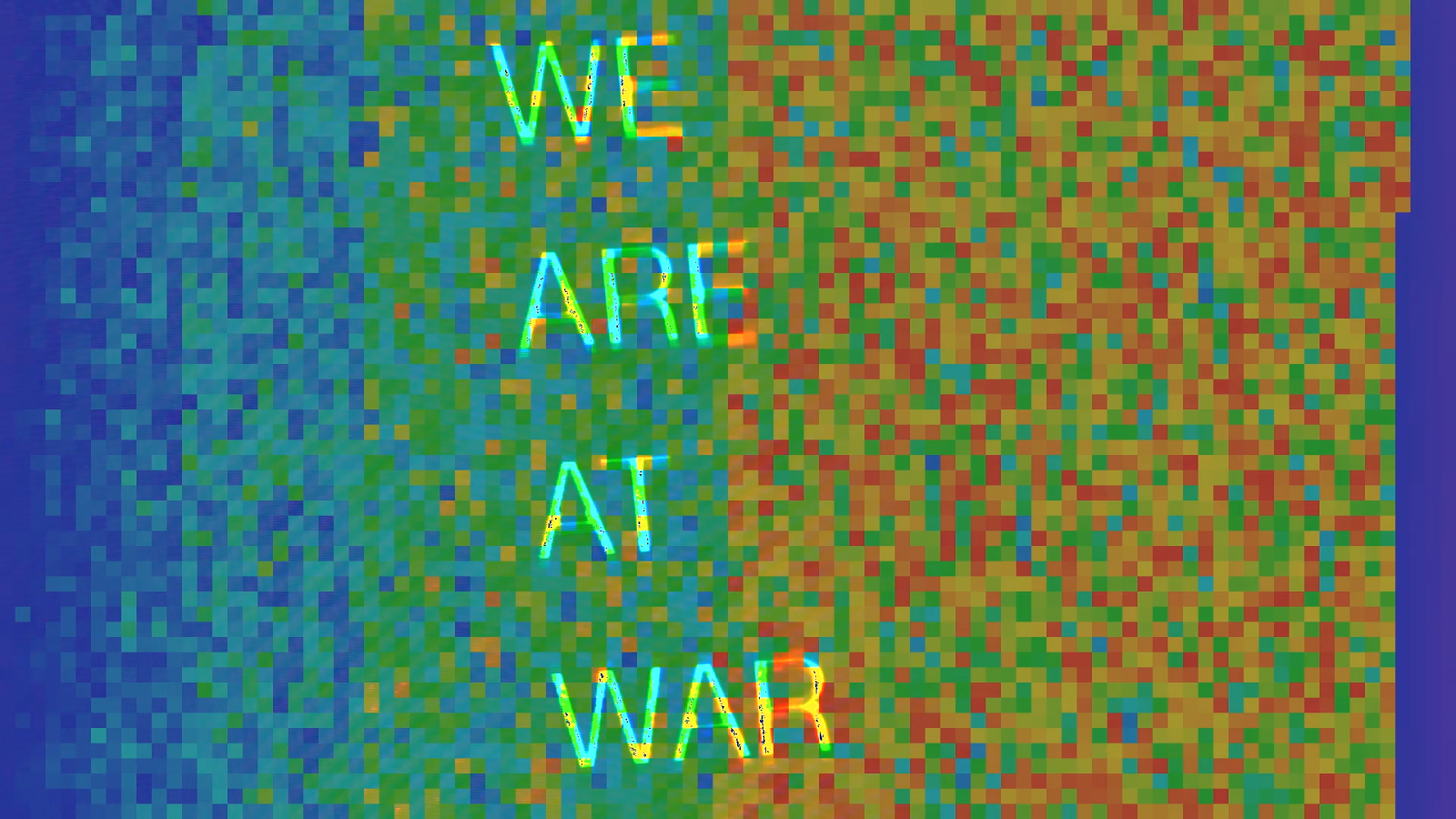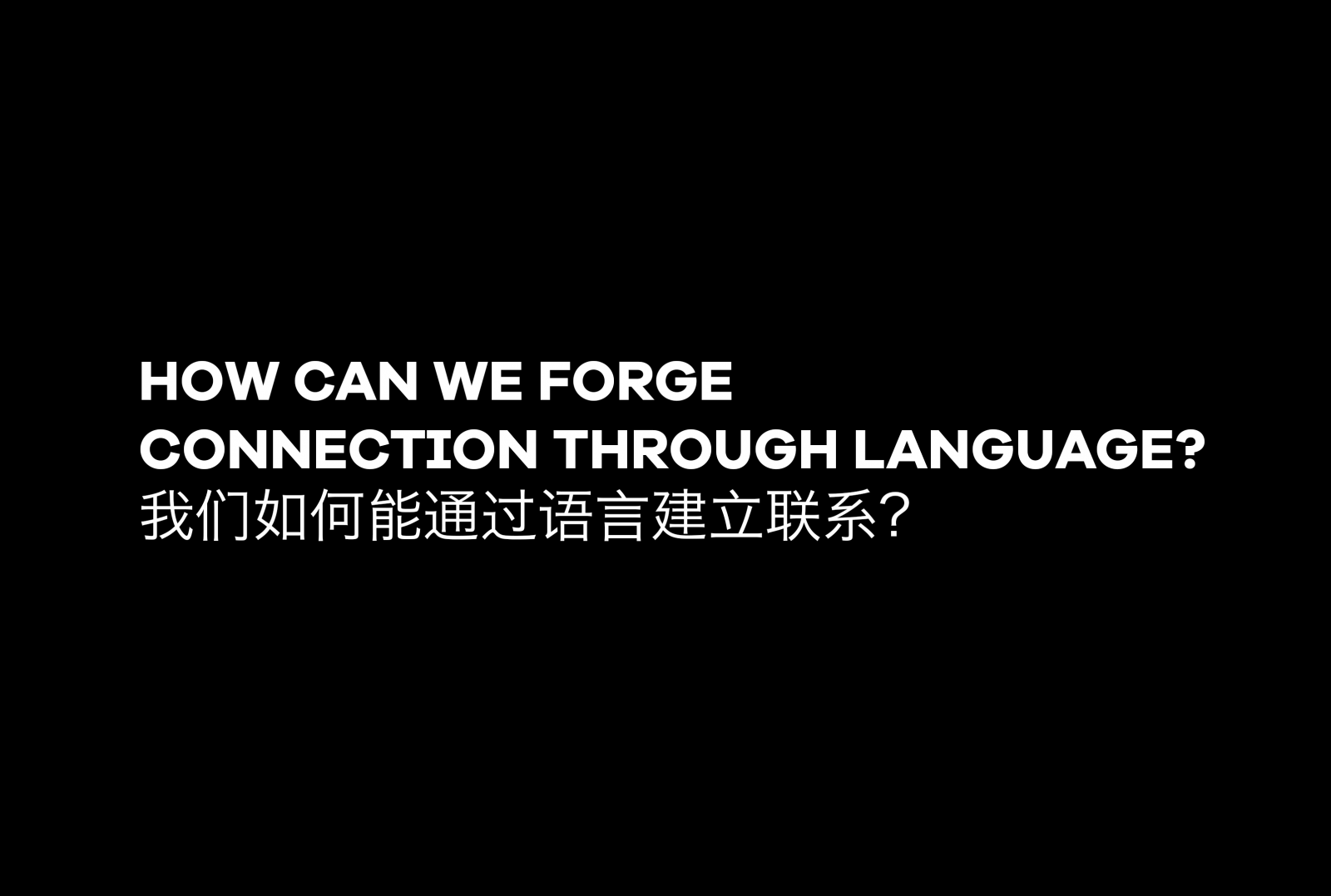Interested in learning how to sleep better?
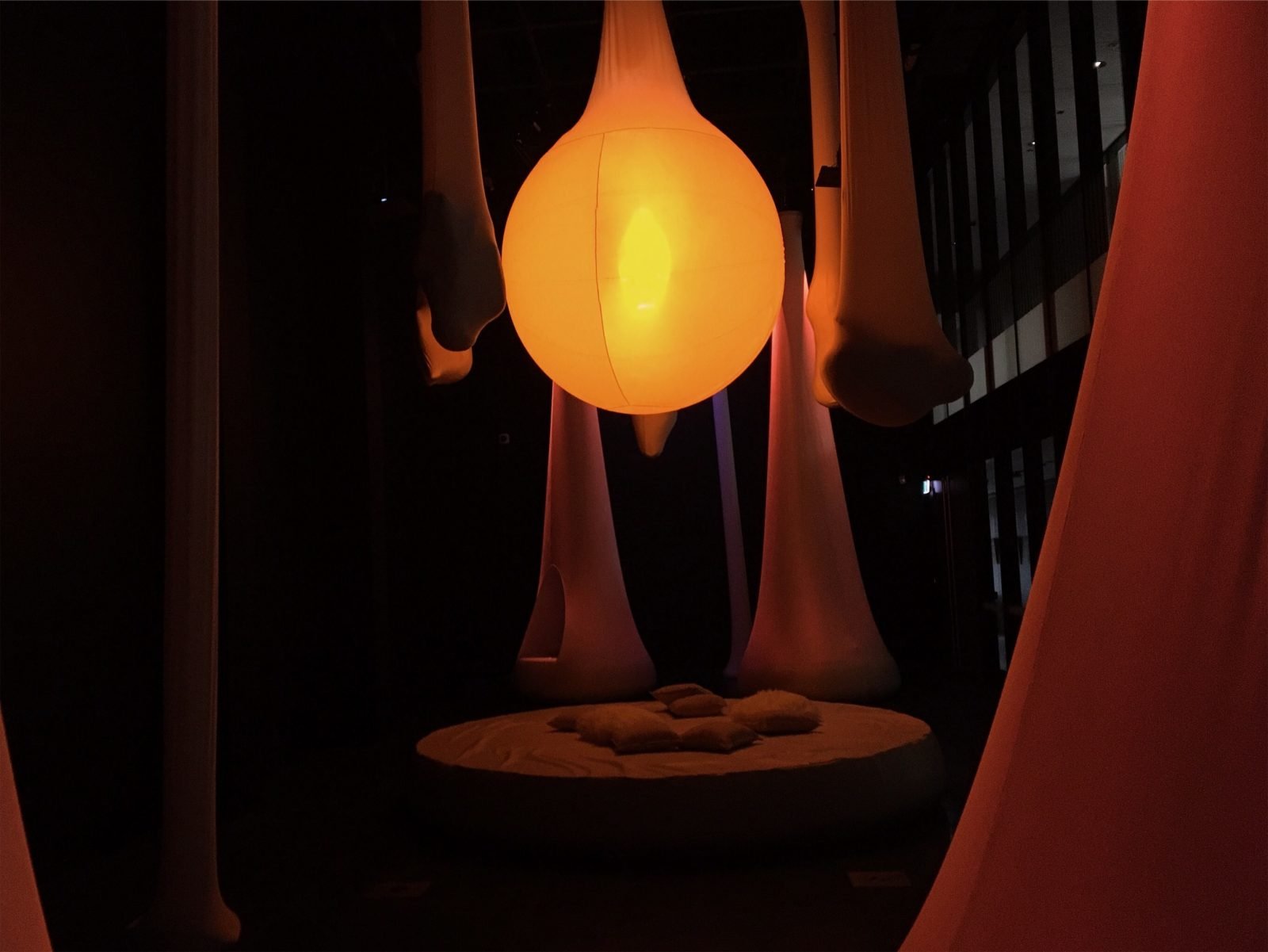
Exhibit Details
Open Nov 2018Apr 2019
Level 1Futures Gallery
We don’t really know why we sleep, but a lack of it can greatly affect our ability to make good decisions.
When sleep deprivation occurs in military operations and other around-the-clock, safety-critical settings, it can have disastrous outcomes.
Why do we sleep?
Perhaps it’s to help us relax, rebuild and grow. It might be to help us store memories and organise what we learn. Maybe it’s a time to chemically wash the brain clean, or a combination of all these things. Whatever the answer turns out to be, it’s clear that sleep is important for our mood, health and performance. Sleep patterns have evolved over millions of years across species to enhance survival by optimising the timing of activity and idleness while also allowing us to maintain the most agile brains.
A lack of sleep can strongly influence our ability to make sound decisions. This can have potentially disastrous consequences if sleep deprivation occurs in military situations and other safety-critical settings. What is worse, a diminished ability to make thoughtful decisions often goes unnoticed. Cognitive performance such as vigilant attention, processing speed and working memory (all important for safe and effective functioning) are affected by not getting enough sleep.
According to research, after 17 hours of wakefulness, the decline in cognitive performance is comparable to alcohol intoxication of 0.05% blood alcohol content.
If you can’t get a decent sleep, naps can be a powerful tool for maintaining performance during conditions of sleep deprivation. For example, a ten-minute nap in the afternoon improves cognitive performance for up to three hours.
Sounds of Sleep Ops
Accompanying Sleep Ops is a soundscape by Adelaide-based songwriter Jason Sweeney. Called Sleep Cycles, this looped soundscape is composed to send you in a temporary state of slumber or decreased brain activity whilst inside this gallery space. A soft bell indicates the cycles beginning and end.
The various stages (very subtly) shift over 8 minutes according to this pattern:
- Lightly (the body and mind drifting)
- Slowly (the body deepens into sleep, defences down)
- Deeply (a state of parasomnia: between sleep and broken sleep)
- Dreamy (a period of REM/Rapid Eye Movement)
- Restorative (the body prepares to wake, becomes active – or falls back into sleep)
Discover more
Watch
Read
Listen
- Can’t sleep? Listen to our soundscape at home on Soundcloud.
Find this exhibit at the UniSA Library
Credits
- Associate Professor Siobhan Banks Research
- Exhibition Studios Design and build
- Toby Lemerande Narration
- Graham Williams Narration
- James O’Hanlon Narration
- Sofia Heyward Narration
- Jason Sweeney Soundscape
- Phil Van Hout Audio Production


